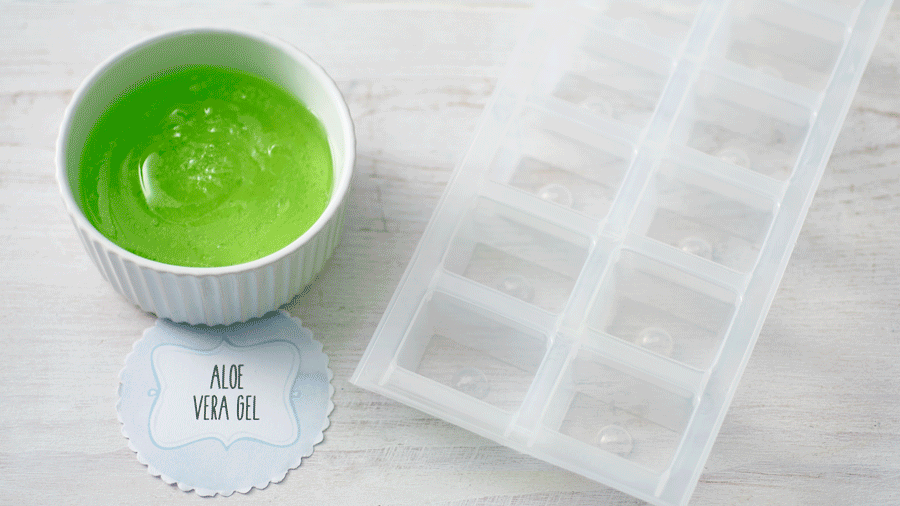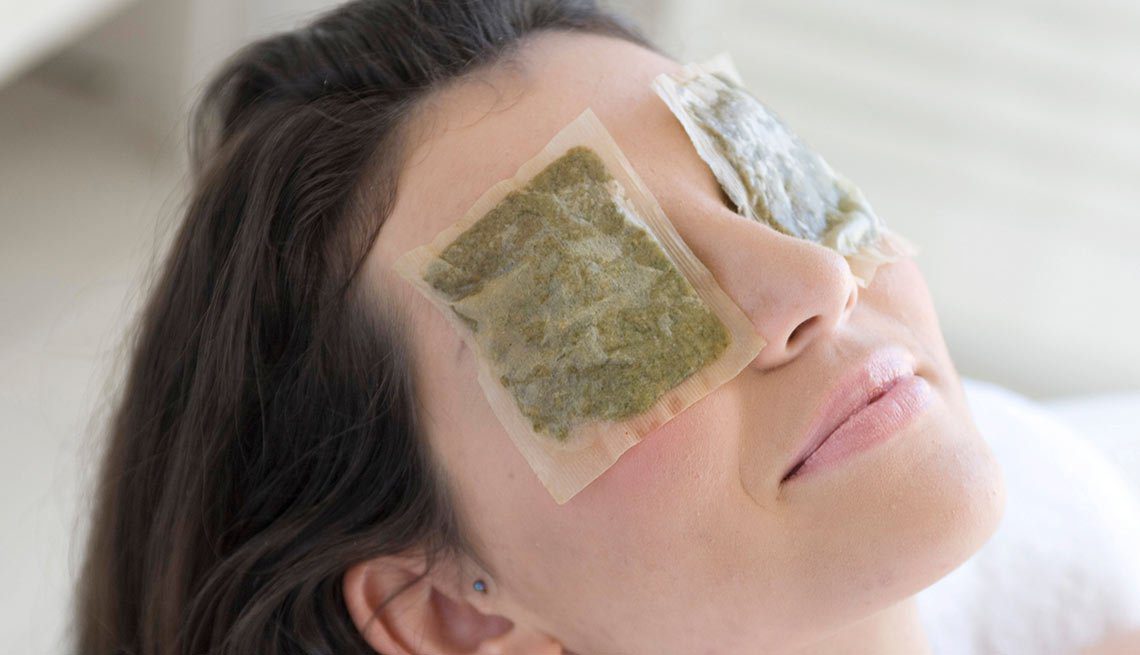More than ever, we are using our eyes to stare on computer screens, televisions, and cell phones – which leads to eye fatigue and an increase in age-related eye problems. If your eyeglass prescription are increasing, don’t worry, because diminished eyesight doesn’t have to be an inevitable part of your life anymore. Follow these tips to sharpen your own vision so you can see your way to a future of longevity!
Note: These tricks will noticeably improve your vision, however, it won’t correct existing defects in the eyes.

1. Aloe Vera drink
Mix 100 ml aloe vera gel with 1 lb ground walnuts, 300 ml of pure honey, fresh squeezed juice from four lemons, and blend all of the ingredients in the mixer. Consume one spoon 3 times a day, 30 minutes before each meal. Although this may seem like a hassle, you’ll literally see better results in one month! However, always remember to take a two week break between treatments.

2. Ginkgo Biloba supplement
No, not a character from Star Wars. It’s a plant that will make your life a whole lot easier. Ginkgo biloba can help to boost memory and relieve anxiety, which is good for people with dementia and alzheimer. As for our vision, it’s great at increasing blood flow to the eyes as well as the brain, which prevents widespread eye diseases including macular degeneration and glaucoma.

3. Green tea
Using green tea bags to treat your eye concerns such as reducing dark circles, puffiness, and redness, is a popular treatment as it is an affordable, natural option that you can easily try at home. More than that, consuming green tea — which is rich in antioxidants called flavonoid which fight off cataracts — allows it to be a natural sunscreen for your eyes, as its polyphenol protect your eyes from UV rays.
Note: You probably have noticed that many eye treatments contain caffeine. This is because caffeine can help shrink blood vessels around your eye, thus reducing puffiness and dark circles.

4. Stay fit
Yes, exercise and maintaining a healthy weight can help your eyes, not just your waistline. We’ve learned that too much sugar circulating in your bloodstream injures the delicate walls of your arteries. This condition is called diabetic retinopathy, which causes the very small arteries in your retina — the light-sensitive back part of the eye — to leak blood and fluid into the eye, harming your vision.

5. Eye exercise
These simple exercises will help you maintain optimal vision and may also keep those annoying eye floaters at bay. Perform these exercises first thing in the morning, before bedtime, or any time your eyes feel fatigued. Make sure that your hands are clean and that your mood is relaxed. Commit to daily practice and you may just see better results within one month.
#1 Warm your eyes. Rub your palms together to create heat, and then place them against your eyes for five seconds. Repeat this three times.
#2 Roll your eyes. Start by looking up and then slowly circle 10 times clockwise and 10 times counterclockwise.
#3 Focus. Hold a pen at arm’s length, focus your eyes on it, and slowly bring the pen closer until it’s about 6 inches away from your nose. Then slowly move it back, keeping your eyes focused on the pen, 10 times in all.
#4 Massage your temples. Using your thumb knuckles, massage your temples in small circles, 20 times in one direction and 20 in the other. Repeat the same actions above the mid-point of the eyebrows at the forehead, then below the eyes on both sides of the bridge of the nose.
#5 Take a mini-nap. Put your head back, close your eyes, and relax for 3 minutes.

6. Give Your Eyes Some R&R
Getting enough sleep is essential for eye health as it allows your eyes to fully rest, repair, and recover. While you shouldn’t be sleeping on the job, it is still important to rest your eyes once in a while. If you work on a computer all day, your eyes are probably under a lot of strain. Do yourself (and your eyes) a favour by taking a break for about 10 minutes for every 50 minutes spent in front of the screen. Simply close your eyes for a minute or get up and walk around the office. Focus on something that isn’t a screen.

7. Sunglasses aren’t just for looking cool.
Wearing shades is one of the most important steps you can take when it comes to improving your eyesight. You want sunglasses that block out 99% to 100% of UVA and UVB radiation from sunlight, as those help protect your eyes from conditions that stem from eye damage. These include cataracts, macular degeneration, and pterygium — a growth of tissue over the white part of the eye. Pterygiums can lead to astigmatism, which can cause blurred vision.










